ERWIN WURM
July 7 – September 3, 2017
MKM Museum Küppersmühle for Modern Arts, Duisburg
July 7 – October 29, 2017
Lehmbruck Museum, Duisburg
With Erwin Wurm (born in 1954), the MKM Museum Küppersmühle for Modern Art and the Lehmbruck Museum are featuring one of the most acclaimed sculptors of the modern day. In this comprehensive retrospective, the two leading Duisburg art museums are collaborating to exhibit his sculptures, photographs, wallpaper, textile objects, videos, the famous One Minute Sculptures and new works, especially created for the show by the Austrian artist, who is currently representing his country at the 57th Biennale in Venice.
In the MKM, Erwin Wurm has concealed a 90-meter wall behind a luminescent, green knitted fabric. The outcome is a fascinating and monumental work of art, a unicum, which marries classical, sculptural questions concerning the body and the object, volume and emptiness with a vast, brightly coloured woollen surface. Appearing like a painting from a distance, the installation recalls the colour-field paintings which emerged in America in the mid-1950s. In order to even begin to comprehend it, the viewer must accompany the piece through five rooms of the exhibition. Yet even then, the full spatial effect frequently remains elusive.
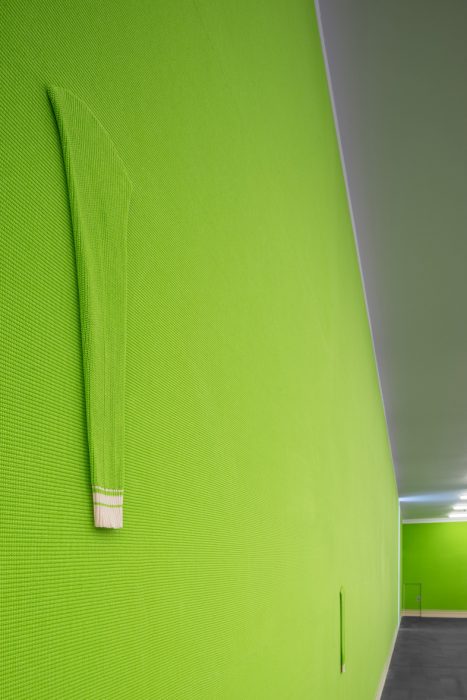
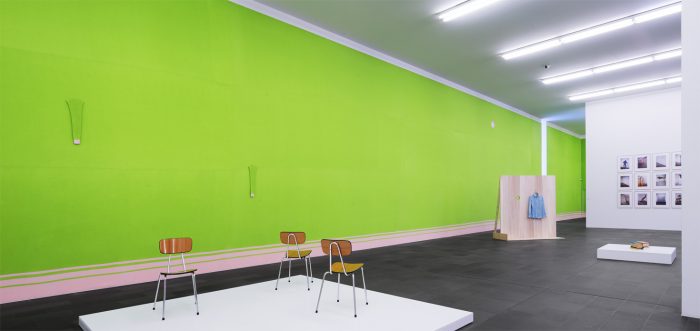
With the aid of brief instruction manuals, and quotidian utensils such as fell-tip pens, old books and kitchen stools, the One Minute Sculptures in the MKM challenge the visitors to take to the artistic stage and become living sculptures themselves. In the process, a kind of “philosophical” cabinet emerges, which re-imagines the history of the site – from the 17th to the 19th century, Duisburg’s first university was located on the site of today’s Philosophenweg. This, in turn, furnishes the mental space for contemplating art and forming one’s own standpoint.
The One Minute Sculptures interrogate the conventional concept of sculpture, just as Drinking Sculptures is intended to lead visitors to the Lehmbruck Museums into temptation, as it were. At first glance the re-purposed pieces of furniture appear innocuous, but alcohol is concealed in the bar compartments, calling the visitors to get drunk. In this way, the “manual” subverts the formal requirements of the visitor to the museum – and with the right application – ensures that his cognitive faculties are effectively “disabled”.
Also on view in the Lehmbruck Museum are two new complexes of works Land der Berge (Land of Mountains) and Vaterland (Fatherland), which evoke associations with Wurm’s native Austria, and in the monumental Glass Hall is a bright-red sport coupé parked, which does not quite match our image of the streamlined speedster.
Picture Gallery of the Opening (July 6, 2017):
Photos: Georg Lukas, Essen
For many years, the sculptor has been striving to return sculpture to its roots. The quest for the quintessence of sculpture is, however, not an end in itself, but rather a means to an end, namely that of clearly articulating a pressing question anew: What distinguishes the human being in our society? What are his/her weaknesses, faults and obsessions? And: What can sculpture achieve today?
Consequently, Wurm has set about extending the boundaries of sculpture. Among his outstanding characteristics are his unbroken innovative power and originality, both predicated on his acute powers of observation and a – generally acerbic – critique of the state of our societies. Throughout his oeuvre Wurm has elaborated a language of form, as accessible as it is complex, with which he delivers a clear-sighted appraisal and analysis of our society.
ERWIN WURM is an exhibition project by the Lehmbruck Museums and the MKM Museum Küppersmühle. Responsibility for the exhibition in the MKM is borne by the Foundation for Art and Culture www.stiftungkunst.de). The project has been made possible by the generous support of Evonik Industries AG (for the MKM), together with the Sparkasse Duisburg and the Sparkassen Cultural Foundation Rhineland (for the Lehmbruck Museum).
Installation views MKM, (c) VG Bild-Kunst, Bonn 2017, Foto: Henning Krause, Köln
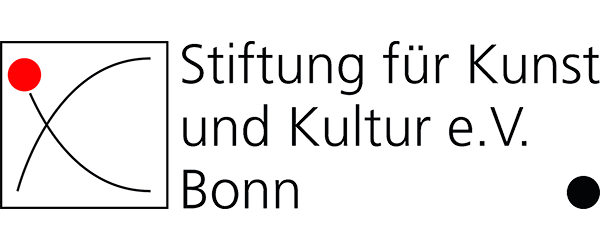
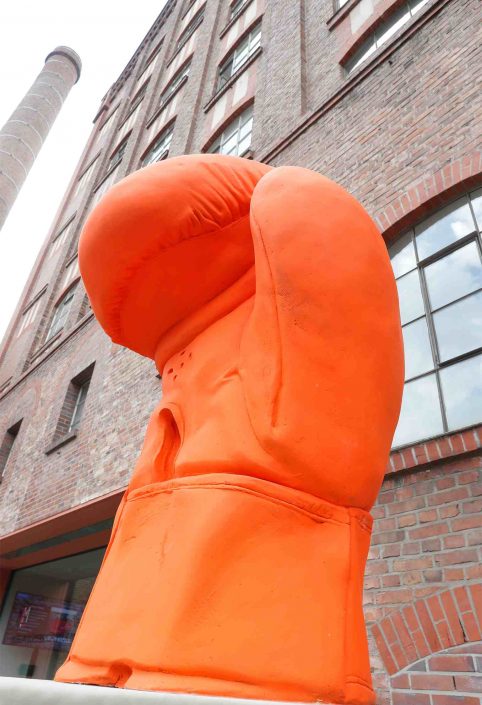
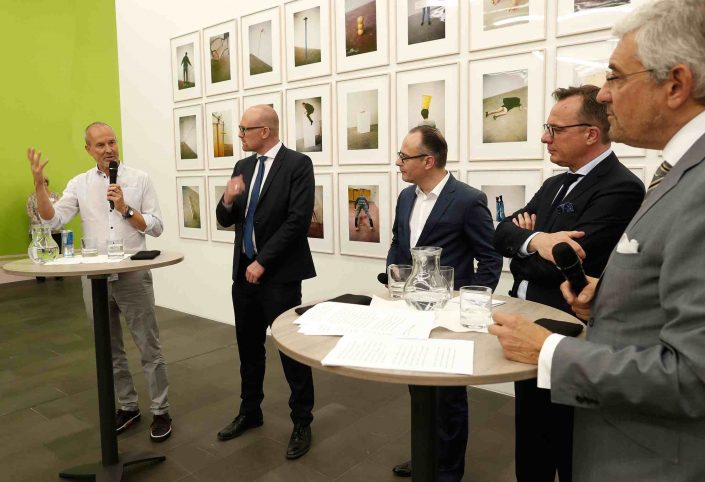
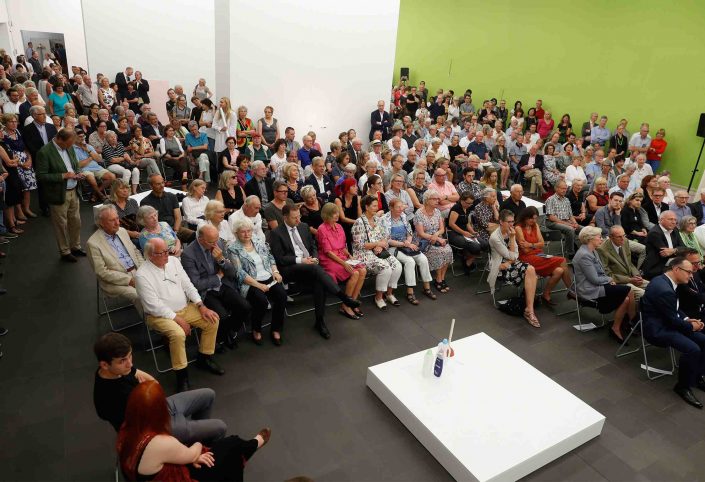
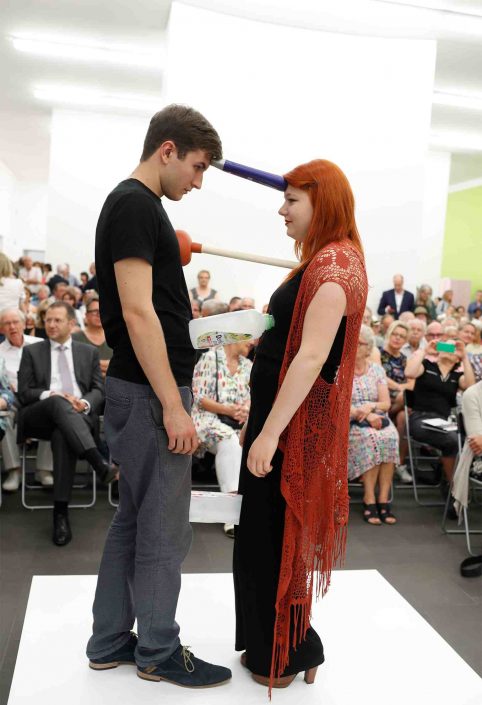
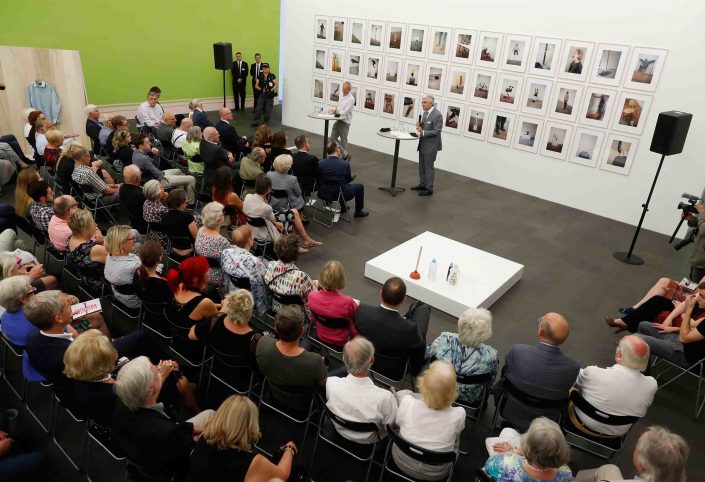
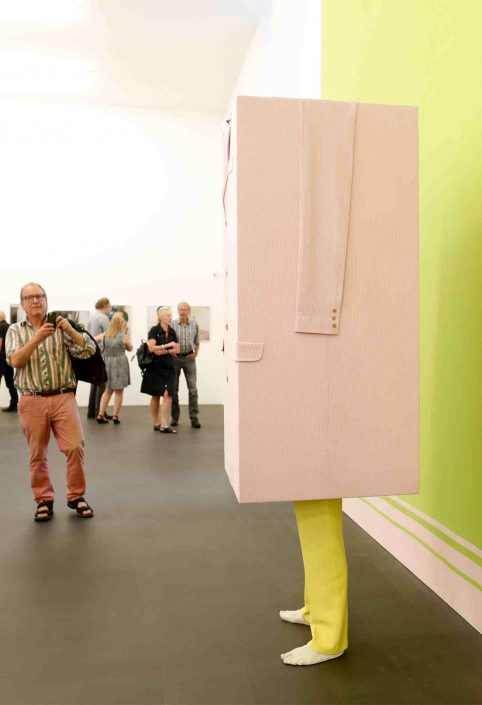
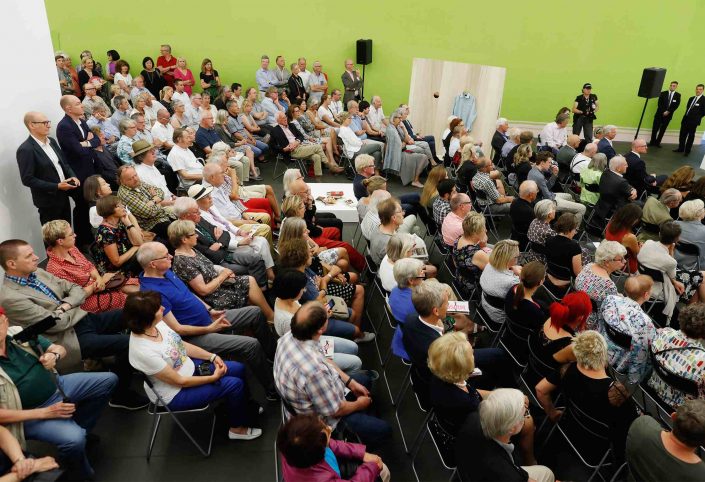
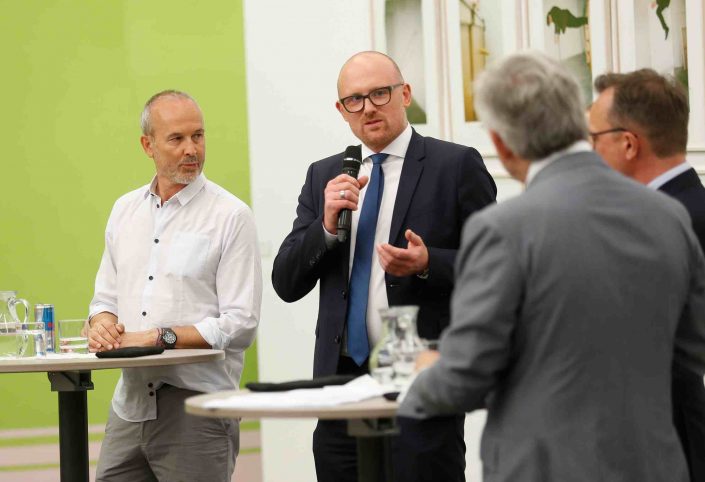
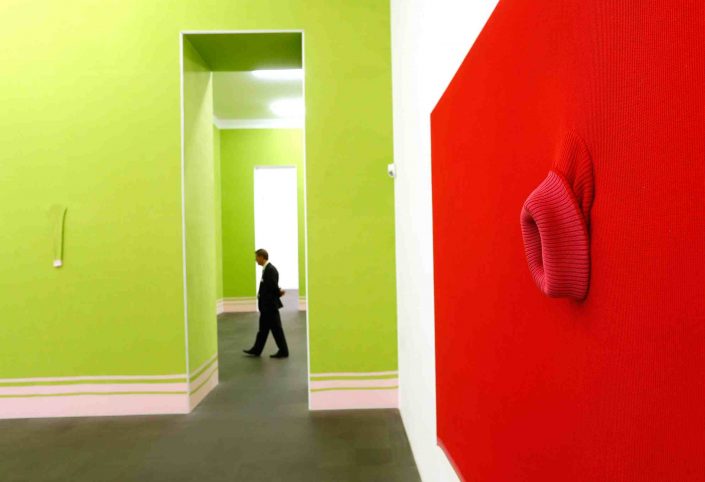
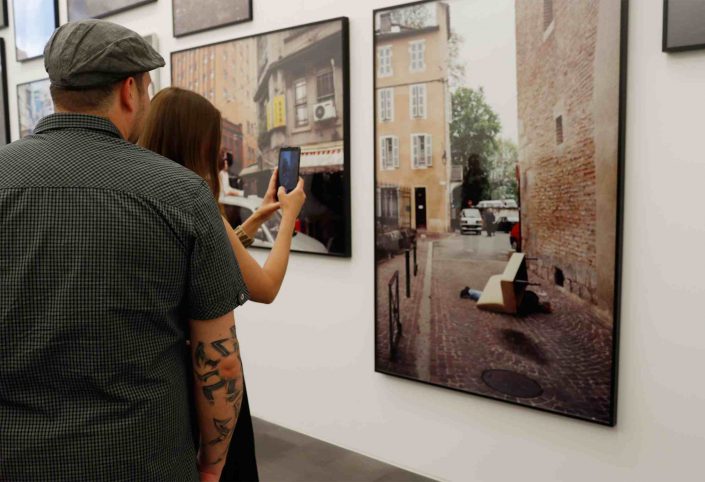
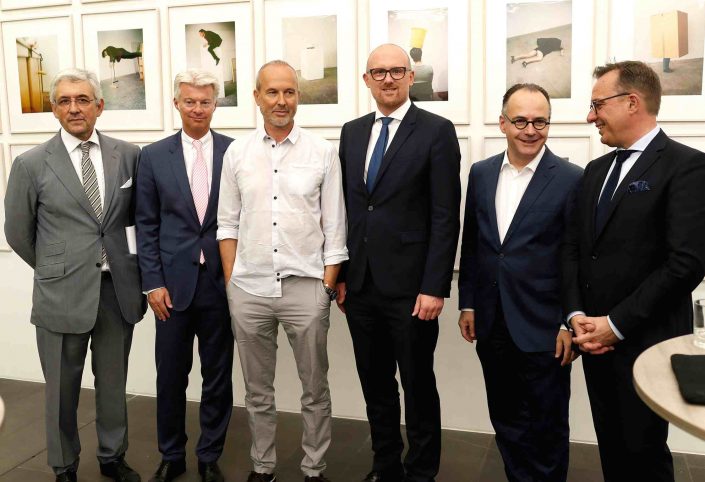
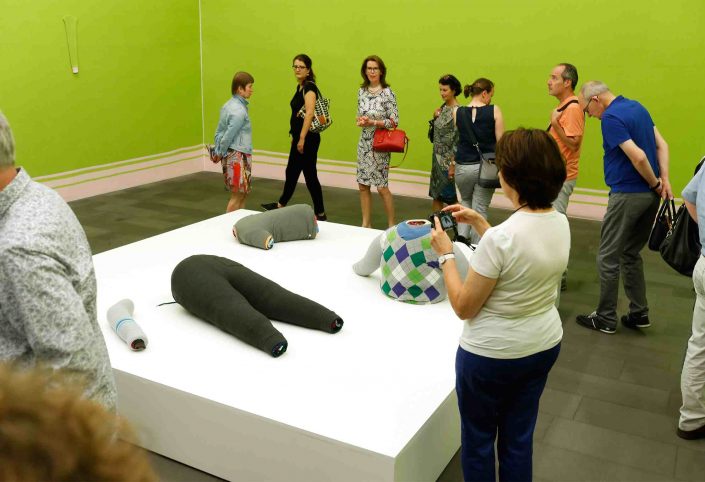
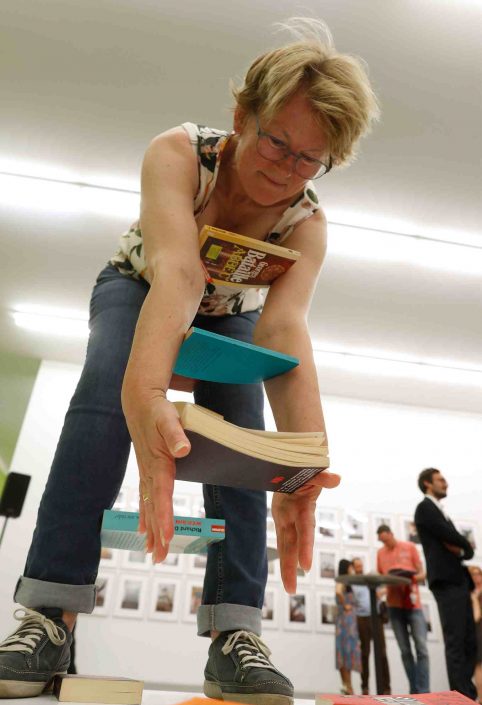
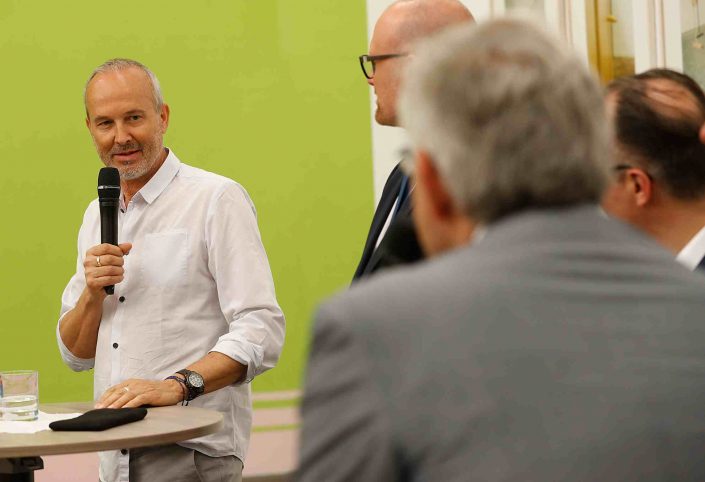
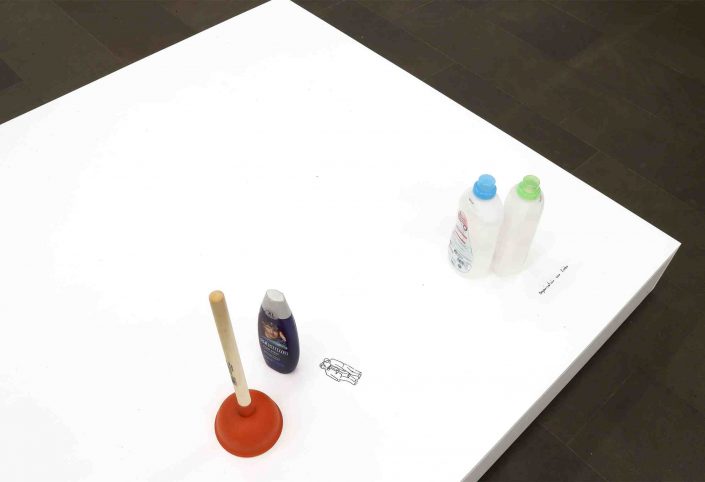
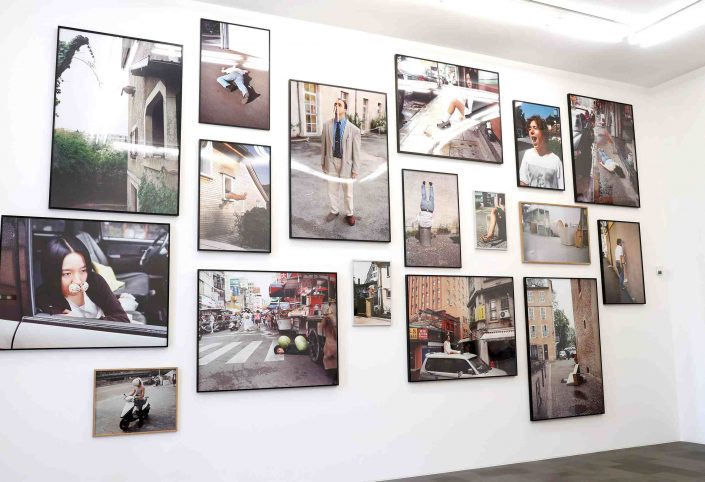
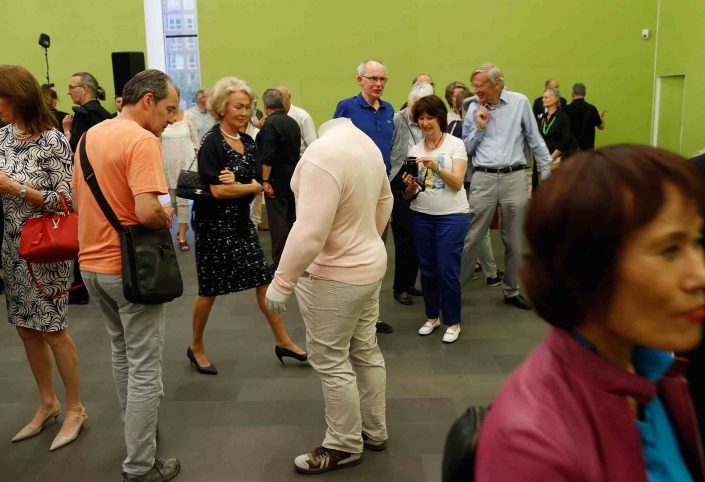
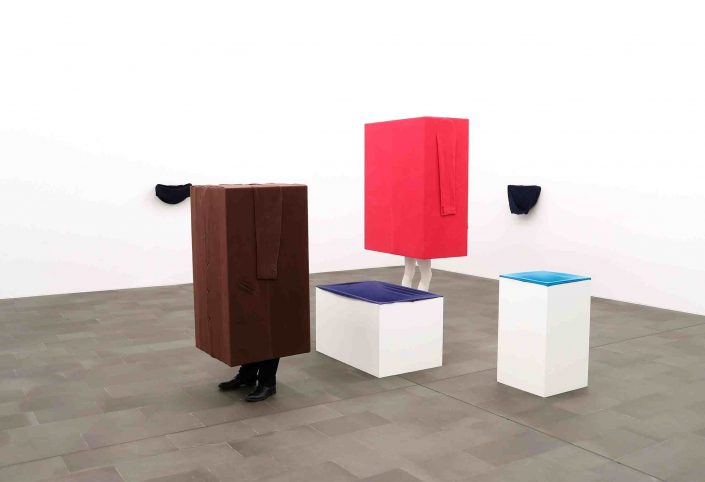
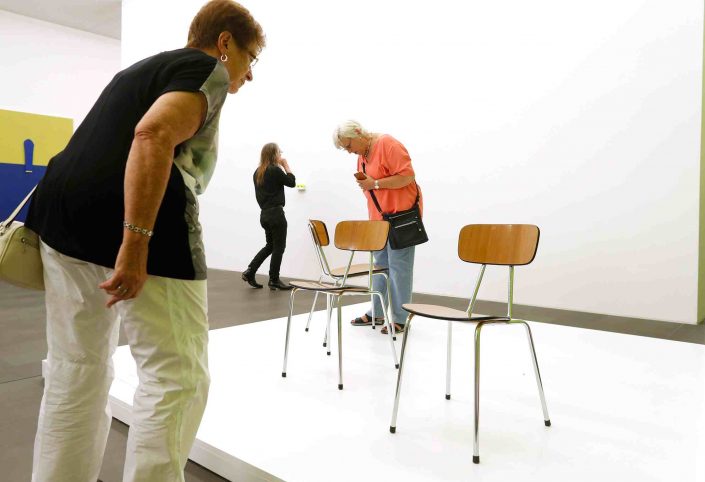
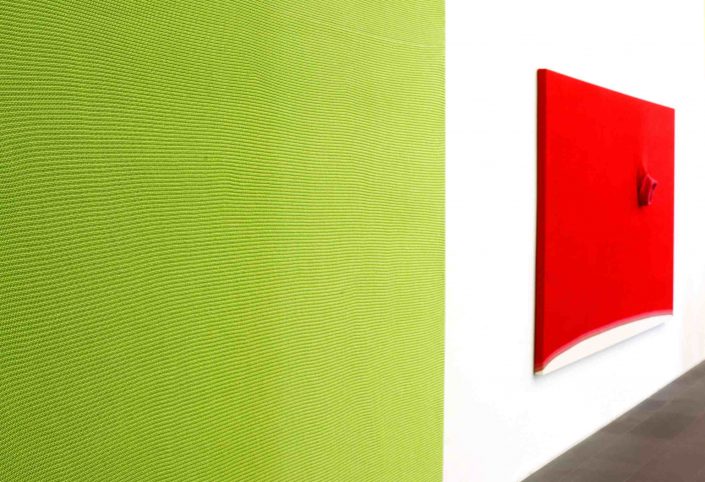


 English
English Deutsch
Deutsch